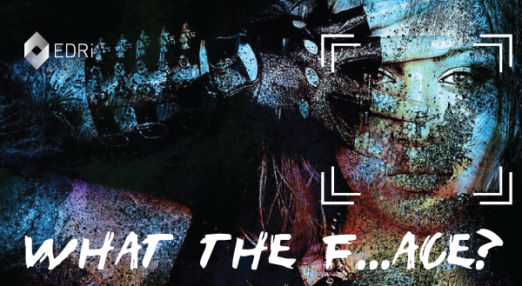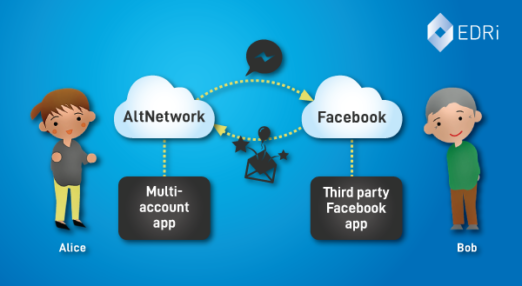Filter by...
-

Hungary: “Opinion police” regulate Facebook commentaries
There have been a number of critical news reports from around the world stating that Hungary’s COVID-19 state-of-emergency legislation is “creating a chilling effect”. Such headlines miss the mark somewhat, as chilling effects are far from new.
Read more
-

#WhoReallyTargetsYou: DSA and political microtargeting
Europe is about to overhaul its 20-year-old e-Commerce Directive and it is a once-in-a-decade chance to correct the power imbalance between platforms and users. As part of this update, the Digital Services Act (DSA) must address the issue of political microtargeting (PMT).
Read more
-

Facebook starts to increase transparency in political ads in the Balkans
Facebook has announced that it will expand its transparency system and confirmation of authenticity of ads about elections and politics starting from mid-March. Namely, Facebook will cover 32 additional countries, including Serbia and North Macedonia where the elections are to take place very soon.
Read more
-

Stalked by your digital doppelganger?
In this fourth installment of EDRi’s facial recognition and fundamental rights series, we explore what could happen if facial recognition collides with data-hungry business models and 24/7 surveillance.
Read more
-

Your face rings a bell: Three common uses of facial recognition
Not all applications of facial recognition are created equal. In this third installment, we sift through the hype to analyse three increasingly common uses of facial recognition: tagging pictures on Facebook, automated border control gates, and police surveillance.
Read more
-

Shedding light on the Facebook content moderation centre in Athens
Following months of efforts, in early September 2019, EDRi observer Homo Digitalis managed to shed light on a case that concerns each and every Facebook user: a content moderation centre in Athens, Greece, tasked to moderate Facebook ads. As many other content moderation policies run by virtually unaccounatable private companies, this can pose threats to […]
Read more
-

Interoperability: A way to escape toxic online environments
The political debate on the future Digital Services Act mostly revolves around the question of online hate speech and how to best counter it. Whether based on state intervention or self-regulatory efforts, the solutions to address this legitimate public policy objective will be manifold. In its letter to France criticising the draft legislation on hateful […]
Read more
-

A privately managed public space?
Our “public spaces” online where we meet each other, organise, or speak about social issues, are often controlled and dominated by private companies (platforms like Facebook and YouTube). Pushing platforms to decide which opinions we are allowed to express and which not is not going to solve major problems in our society. The EU rules […]
Read more
-

Twitter banning political ads – the tip of the iceberg
Twitter seems to have learnt the lessons of the 2016 US elections. After the revelation of the Cambridge Analytica scandal, the link between the use of social media targeted political advertisement and the voting behaviour of specific groups of people has been explored and explained again and again. We now understand how social media platforms […]
Read more
-

Why weak encryption is everybody’s problem
Representatives of the UK Home Department, US Attorney General, US Homeland Security and Australian Home Affairs have joined forces to issue an open letter to Mark Zuckerberg. In their letter of 4 October, they urge Facebook to halt plans for end-to-end (aka strong) encryption across Facebook’s messaging platforms, unless such plans include “a means for […]
Read more
-

Facebook users blocked simply for mentioning a name?
Merely writing or including two words, in this case “Tommy Robinson”, in a Facebook post or link is enough to get the post removed and the writer blocked. At least it seems so in Denmark and Sweden.
Read more
-

The digital rights of LGBTQ+ people: When technology reinforces societal oppressions
Online surveillance and censorship impact everyone’s rights, and particularly those of already marginalised groups such as lesbian, gay, bisexual, transgender and queer and others (LGBTQ+) people. The use of new technologies usually reinforces existing societal biases, making those communities particularly prone to discrimination and security threats. As a follow-up to Pride Month, here is an […]
Read more
